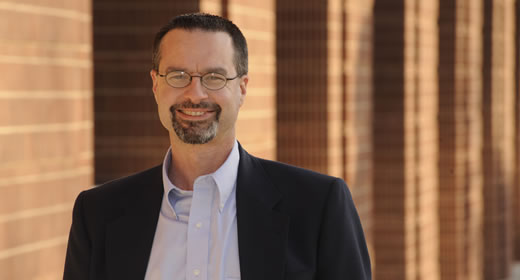
In light of Republicans maintaining control of Michigan’s legislature, Gretchen Whitmer’s gubernatorial victory last week has many wondering if the newly-elected government will be able to reach bipartisan compromises or if the parties will entrench themselves into obstinate partisan camps. The Ford School’s Tom Ivacko (MPP ’93), associate director of the Center for Local, Urban, and State Policy, suggests that most likely areas for convergence between the parties will be measures to decrease Michigan’s exorbitant auto insurance costs and increase education opportunities for the skilled trades.
In her November 13, 2018 Bridge magazine article "5 places where Michigan's governor and legislature can make deals," Riley Beggin examines the prospects for policy changes in several fields emphasized in the midterm elections. While vast infrastructure improvements could face steep partisan challenge from the GOP depending on what the Governor proposes, Ivacko sees the potential for progress concerning auto insurance costs. Hoping to erase Michigan’s status for charging the highest rates in the nation, Ivacko point out that “there are a range of options to lower insurance costs without requiring massive new state revenues.” One pathway may likely unify the state’s executive and legislative branches to help “everyday Michiganians.”
Another area where bipartisanship seems promising is jobs training for skilled trades—the “lower hanging fruit” of the 2018 election according to Ivacko. Expanding further, Ivacko says that “boosting technical and skilled trades education” would greatly bolster the state’s “construction labor force” and help alleviate Michigan’s housing shortage.
Criminal justice reform and water policy are two other areas the article identifes both Democrats and Republicans may find common ground.
For the full article, click here.
Involved with the Center for Local, State and Urban Policy (CLOSUP) since its founding in 2001, Tom Ivacko currently serves as the Center’s associate director. Ivacko also manages the Michigan Public Policy Survey (MPPS) program at the Ford School of Public Policy.
